AARP Hearing Center


Chapter One
THE DAY THEY FOUND THE BODY on the shore, Matthew Venn was already haunted by thoughts of death and dying. He stood outside the North Devon Crematorium on the outskirts of Barnstaple, a bed of purple crocus spread like a pool at his feet, and he watched from a distance as the hearse carried his father to the chapel of rest. When the small group of mourners went inside, he moved closer. Nobody questioned his right to be there. He looked like a respectable man, a wearer of suits and sober ties, prematurely grey-haired and staid. Not a risktaker or a rule-breaker. Matthew thought he could have been the celebrant, arriving a little late for the service. Or a diffident mourner, sheepish and apologetic, with his soft skin and sad eyes. A stranger seeing him for the first time would expect sympathy and comfortable words. In reality, Matthew was angry, but he’d learned long ago how to hide his emotions.
He checked his feet to make sure that no flowers had been crushed, then walked between the headstones towards the path. The door to the chapel of rest had been left open – it was a warm day for so early in the year – and he could hear the service underway inside. The rich and passionate tone of a voice he’d have known anywhere: Dennis Salter, rousing his troops, persuading them that Andrew Venn was in heaven and they might be sad for themselves, but they should not be for their brother. Then came the heavy breathing of an electric organ and the slow and deliberate notes of a hymn that Matthew recognized but couldn’t name. He pictured Alice Wozencroft bent double over the keys, dressed entirely in black, hands like claws, a nose like a beak. As close to a crow as a woman could be. She’d been old even when he was a boy. Then he’d been a member of the Barum Brethren by birth and by commitment. His parents’ joy and hope for the future. Now he was cast out. This was his father’s funeral but he wasn’t welcome.
The hymn ground to a dreary close and he turned away. Soon the service would be over. His father’s coffin would slide behind the curtain and be turned to ash. The small group of mostly elderly women would gather in the sunshine to talk, then they might move on to his mother’s house for tea and home-baked cakes. Tiny glasses of sweet sherry. His name might be mentioned in passing. These people would understand that a bereaved woman would be missing her only son at a time like this, though, despite their sympathy, there would be no question that he should have been invited. It had been his choice to leave the Brethren. Matthew stood for a moment, thinking that lack of faith had little to do with choice. Doubt was a cancer that grew unbidden. He pushed away the guilt that still lurked somewhere in his body, physical, like toothache. The root of his anger. And the tattered remnant of belief that made him think that his father, the spirit or soul of his father, might be somewhere watching him, still disappointed in his son. Then he walked quickly back to his car.
The call came when he was nearly there. He leaned against the perimeter wall of the cemetery, his face to the light. It was Ross May, his colleague, his constable. Ross’s energy exhausted him. Matthew could feel it fizzing through the ether and into his ear. Ross was a pacer and a shouter, a pumper of iron. A member of the local running club and a rugby player. A team player except, it seemed, when he was at work.
‘Boss. Where are you?’
‘Out and about.’ Matthew was in no mood to discuss his whereabouts with Ross May.
‘Can you get back here? Someone’s found a body on the beach at Crow Point. Your neck of the woods.’
Matthew thought about that. ‘Accident?’ It happened, even in still weather. The tides there were treacherous. ‘Someone out in a small boat and washed ashore?’
‘No. The clothes are dry and they found him above the tideline. And there’s a stab wound.’ Matthew had only heard Ross this excited before in the run up to an important match. ‘Where are you?’
‘On my way. Jen’s with me. The news has only just come through. There’s a plod there who went out to the first call. Like you, HQ thought it would be an accident.’
Plod. Matthew bit back a criticism about the lack of respect for a colleague. You speak about a fellow officer like that and you’ll end up back in uniform yourself. This wasn’t the time. Matthew was still new to the team. He’d save the comment for the next appraisal. Besides, Ross was the DCI’s golden boy and it paid to go carefully. ‘I’ll meet you at the scene. Park at the end of the toll road and we’ll walk from there.’ The last thing they needed was a car stuck in the sand on the track to the point.
This early in the season there was little tourist traffic. In the middle of the summer it could take him more than an hour to drive home from the police station in Barnstaple, nose to tail behind big cars that blocked the narrow lanes and would have been ridiculous even in the London suburbs where they were registered. Today he sailed over the new bridge across the River Taw; upstream, he glimpsed Rock Park and the school where he’d been a student. He’d been a dreamer then, escaping into stories, losing himself on long, lonely walks. Imagining himself as a poet in the making. No one else had seen him that way. He’d been anonymous, one of those kids easily forgotten by teachers and the other pupils. When he’d turned up at a reunion a few years ago, he’d realized he’d had few real friends. He’d been too much of a conformer, too pious for his own good. His parents had told him he’d be a great preacher and he’d believed them.
He was jolted back to the present when he hit Braunton. A village when he’d been growing up but it felt like a small town now, not quite on the coast, but the gateway to it. The kids were coming out of school, and he tried to control his impatience at the lights in the village centre. Then a left turn towards the mouth of the estuary, where the Taw met the Torridge and flowed into the Atlantic. In the distance to the north stood the shoulder of Baggy Point, with the white block of a grand hotel just below the horizon. Monumental, but at the same time insubstantial because of the distance and the light.
This, as Ross had said, was home territory, but because he was approaching a crime scene, Matthew took in the details. The small industrial park, where they made surfboards and smart country clothes; the strip fields, brought back to life to feed incomers and posh grockles organic vegetables. The road narrowed; on each side a dry-stone wall, the stones laid edge on, with a hedge at the top. There were already catkins and soon there would be primroses. In sheltered parts of their garden they were already in bloom.
When Matthew hit the marsh, the sky widened and his mood lifted, just as it always did. If he still believed in the Almighty, he’d have thought his response to the space and the light a religious experience. It had been a wet winter and the ditches and the pools were full, pulling in gulls and wading birds. The flatland still had the colours of winter: grey, brown and olive. No sight of the sea here, but if he got out of the car, he’d be able to smell it, and in a storm he’d hear it, too, the breakers on the long beach that ran for miles towards the village of Saunton.
He got to the toll road that led to the river and saw a uniformed officer standing there, and a patrol car, pulled onto the verge opposite the toll keeper’s cottage. The officer had been about to turn Matthew back, but he recognized him and lifted the barrier. Matthew drove through then stopped, pushed a button so his window was lowered.
‘Were you first on the scene?’
‘Yes, it came in as an accident.’ The man was young and still looked slightly queasy. Matthew didn’t ask if it was his first body; it would certainly be his first murder. ‘Your colleagues are already there. They sent me up to keep people away.’
‘Quite right. Who found him?’
‘A woman dog-walker. Lives in one of those new houses in Chivenor. She’s arranged for a neighbour to pick up her kid from school, but she wanted to be home for him. So I checked her ID, took her address and phone number and then I let her go. I hope that was okay.’
‘Perfect. No point having her hanging around.’ Matthew paused. ‘Are there any other cars down there?’
‘Not anymore. An elderly couple turned up to their Volvo just as I was arriving. I got their names and addresses and took the car reg, but they’d been walking in the other direction and said they hadn’t seen anything. Then I still thought it was an accident so I didn’t really ask them much and let them drive off.’


























































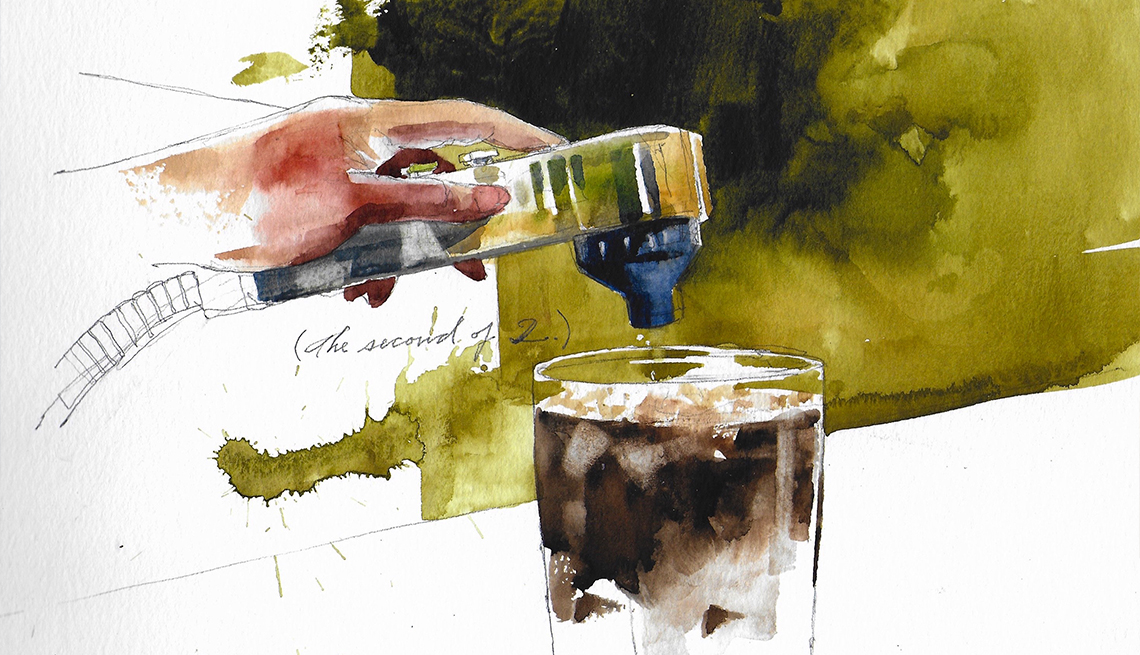
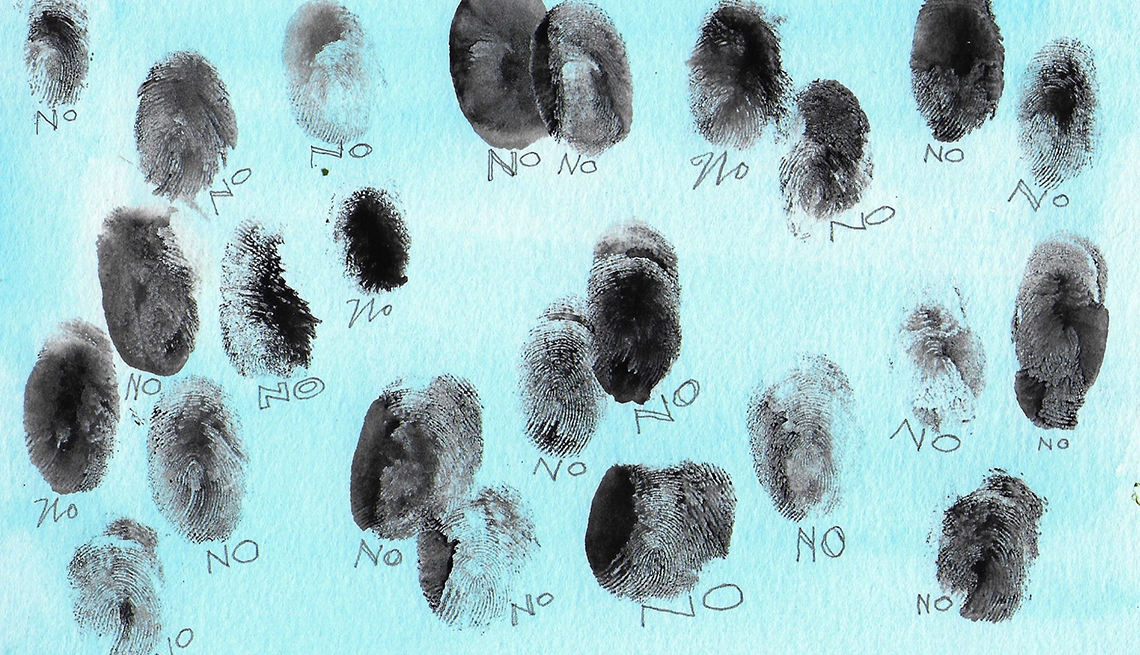
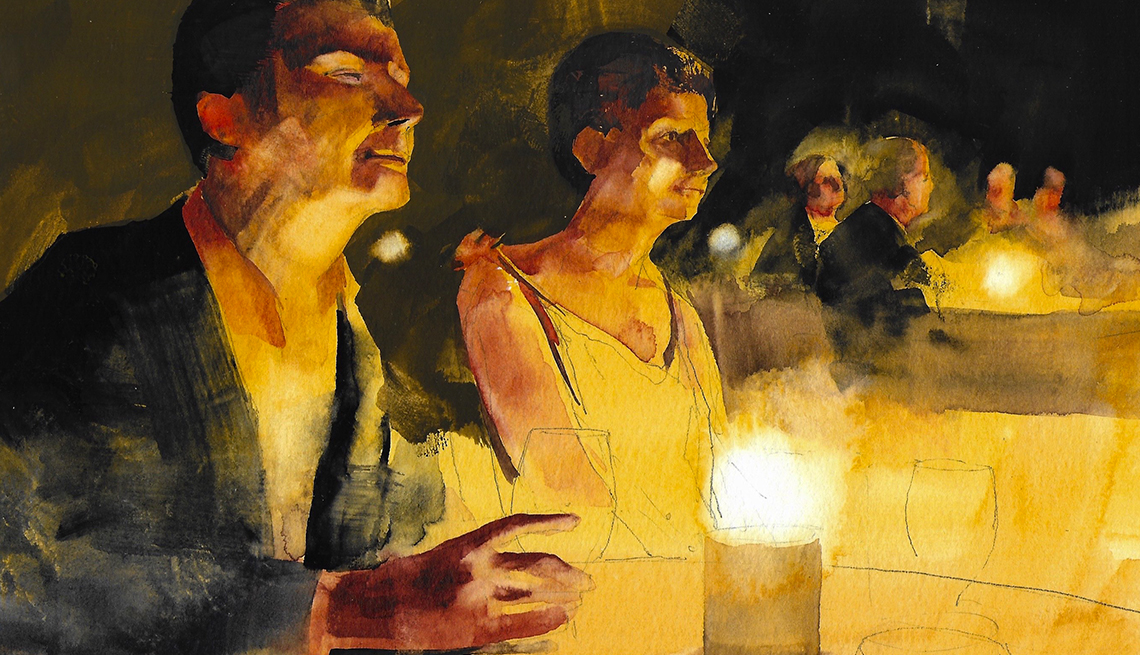
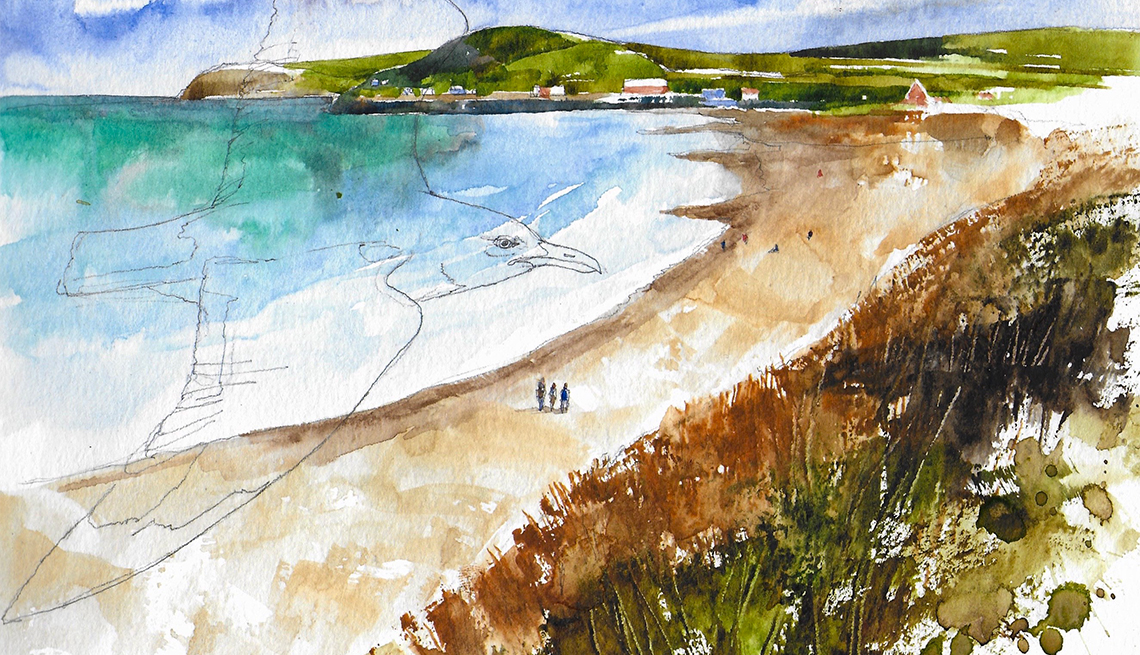
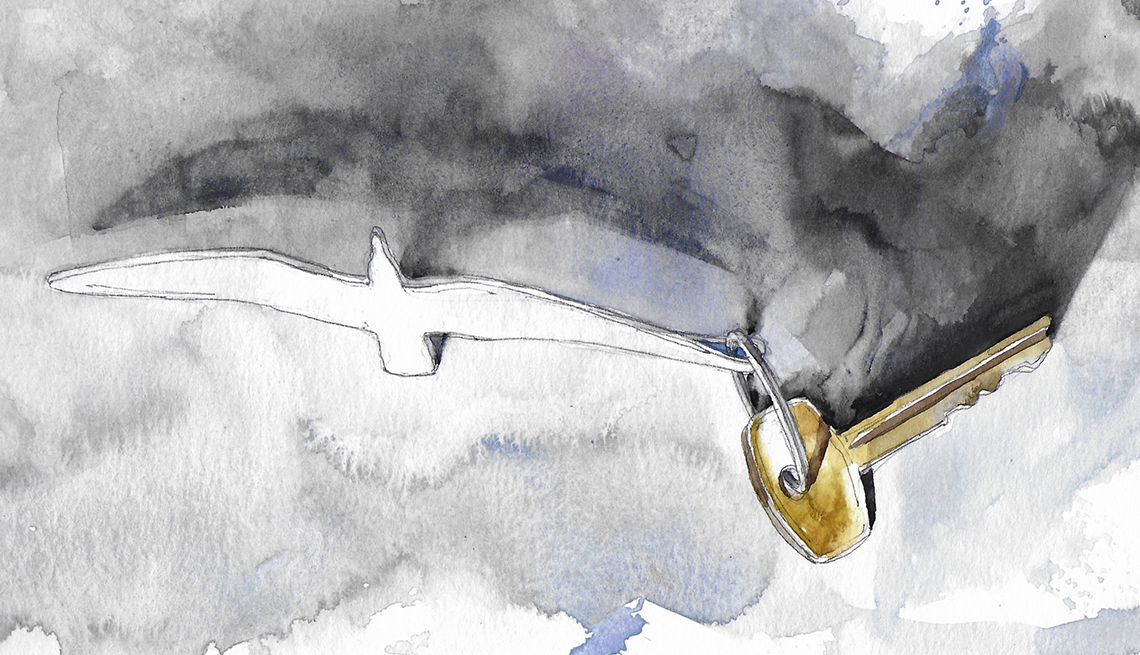
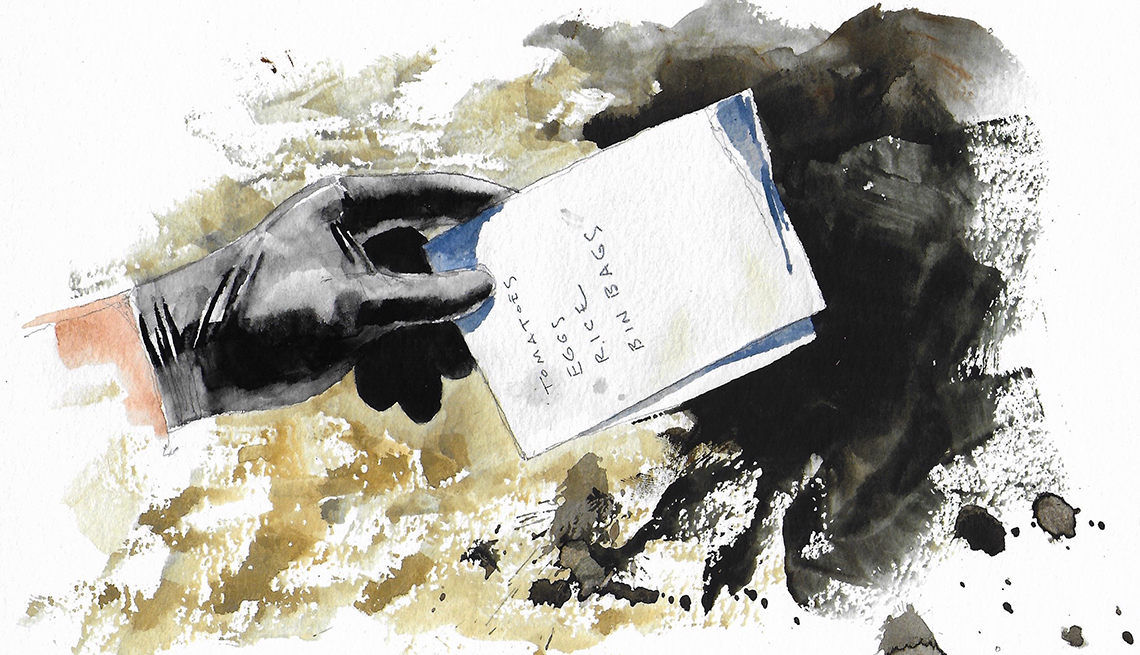
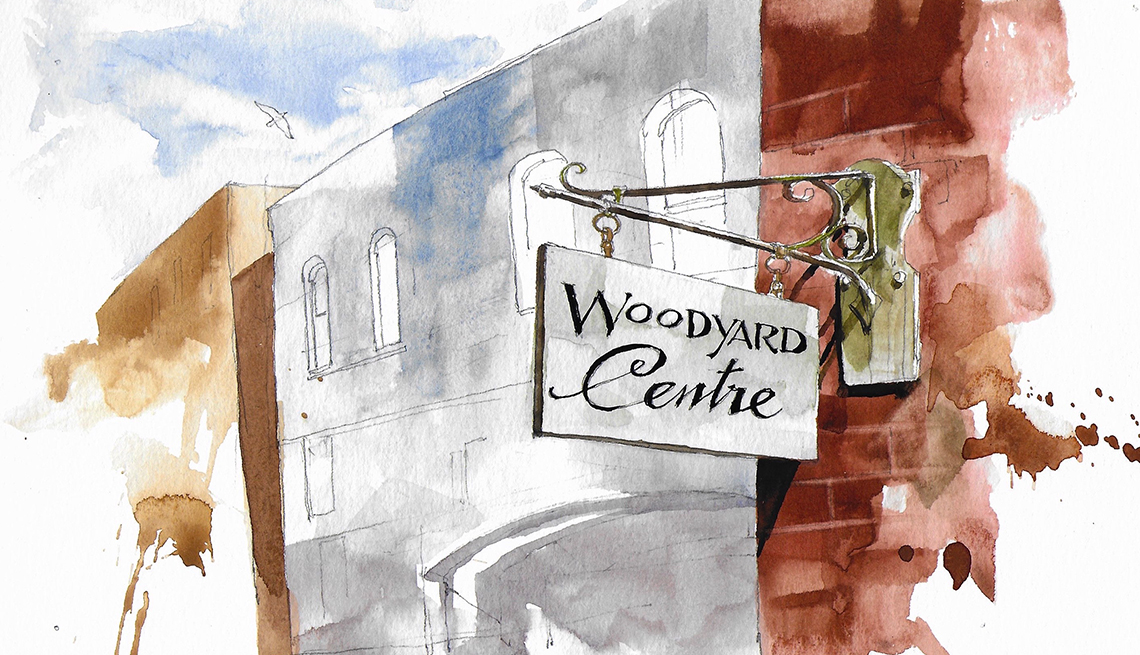
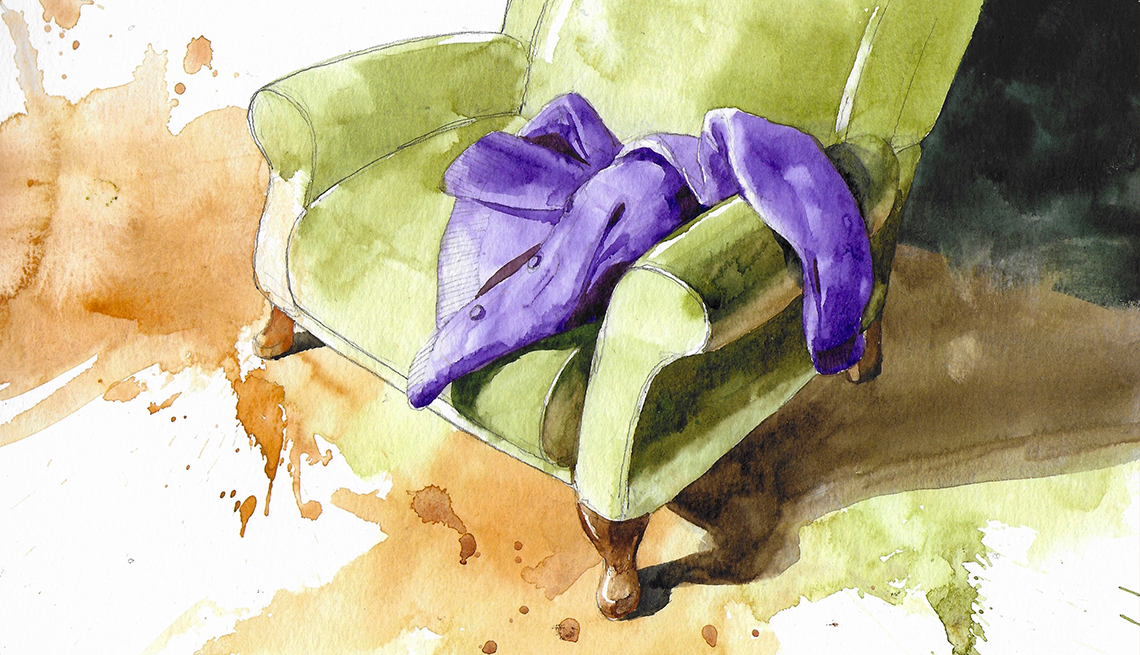
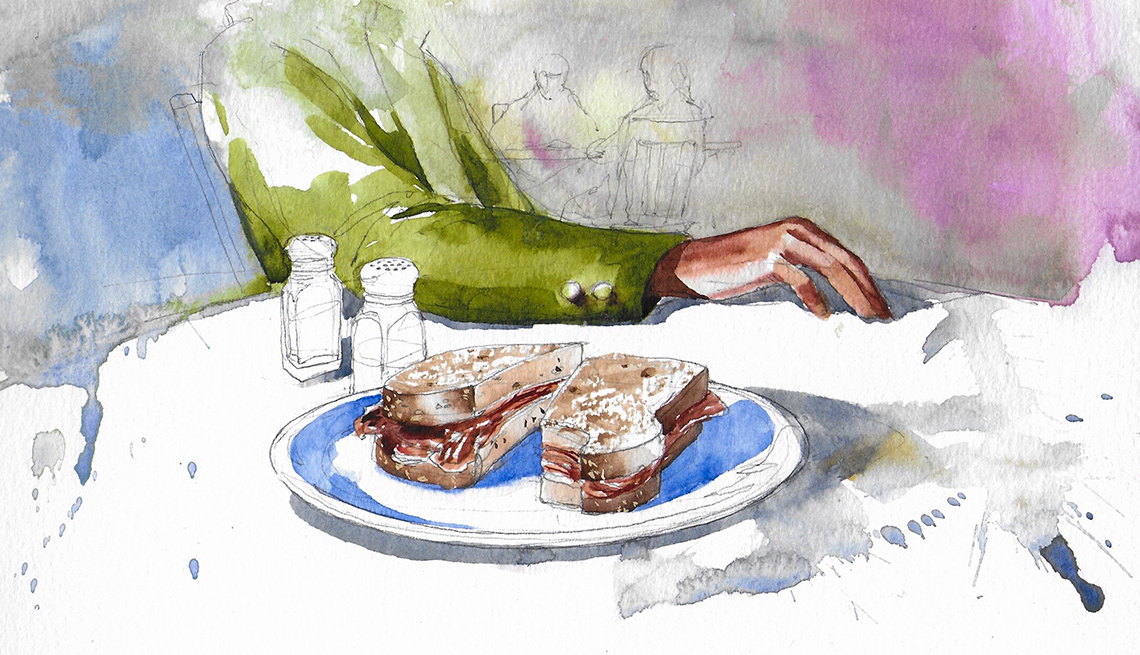

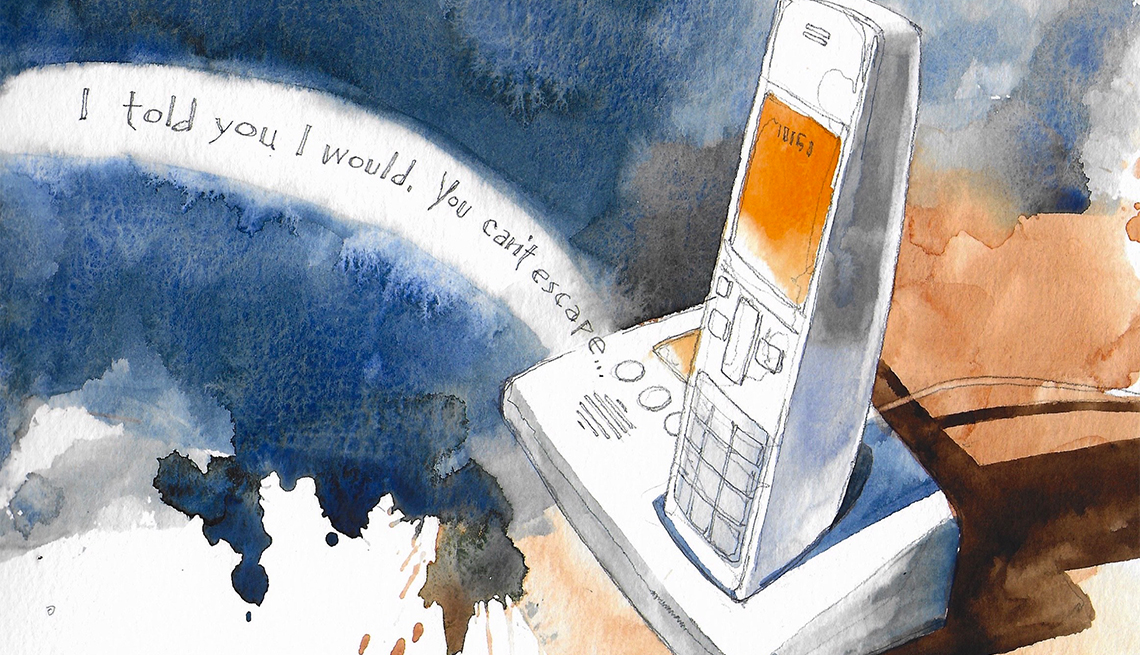
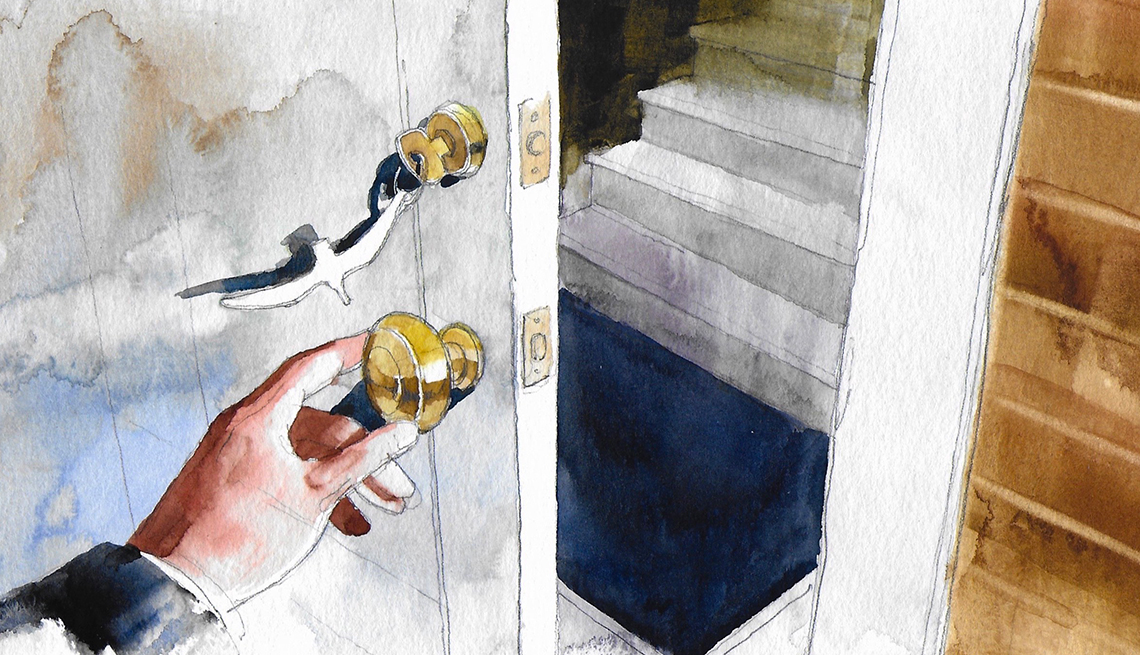
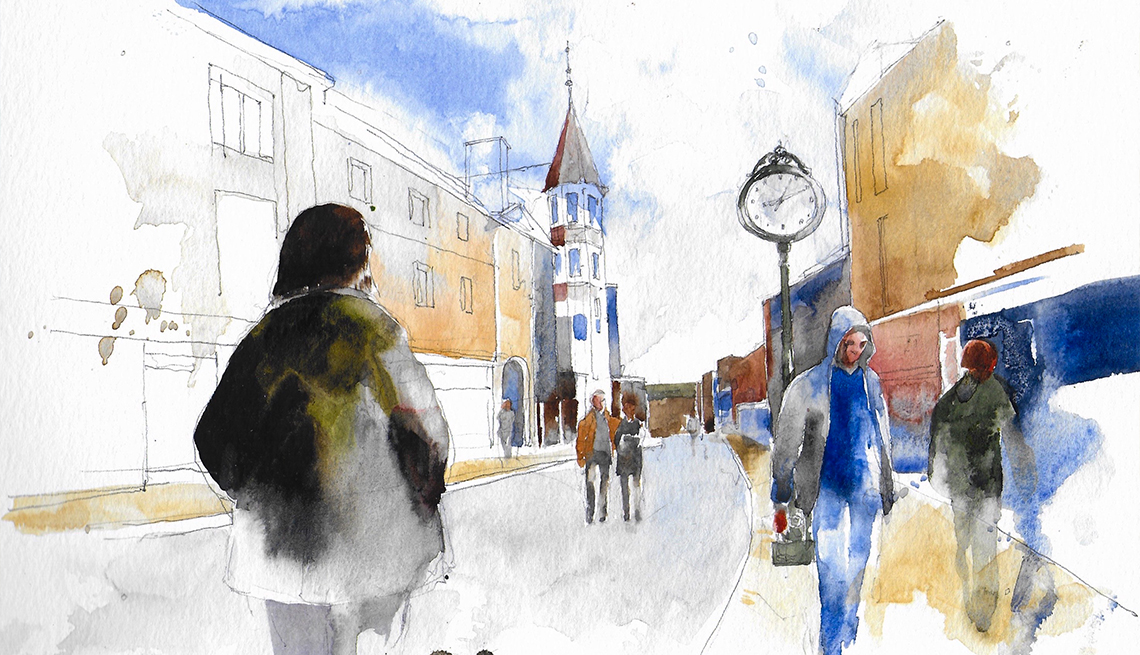
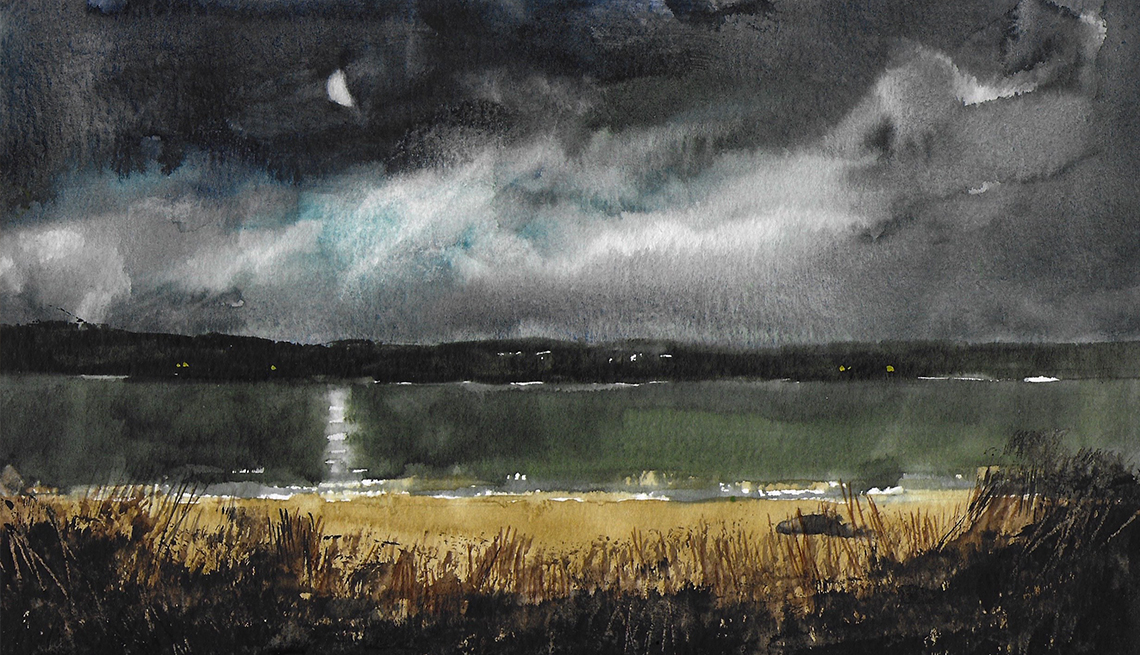
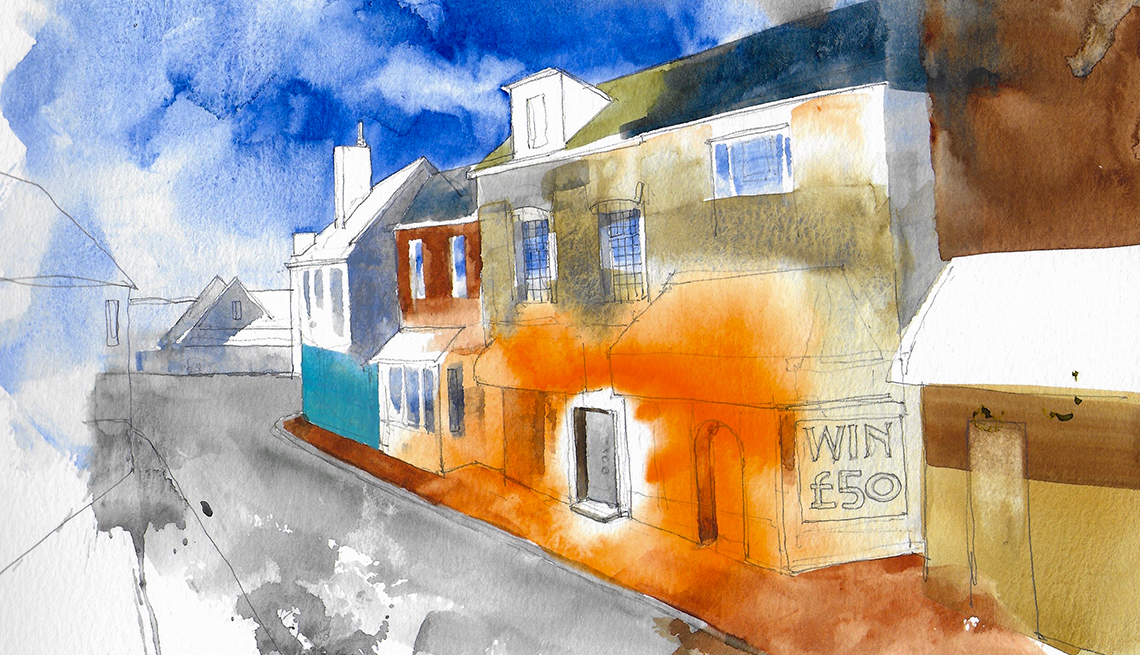
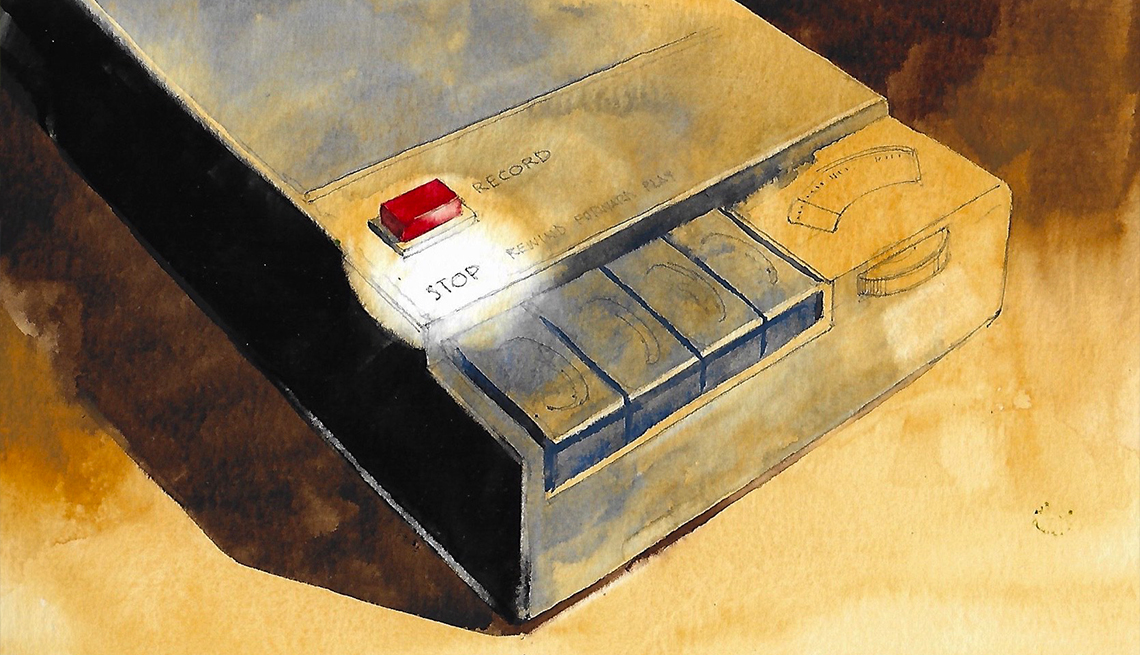
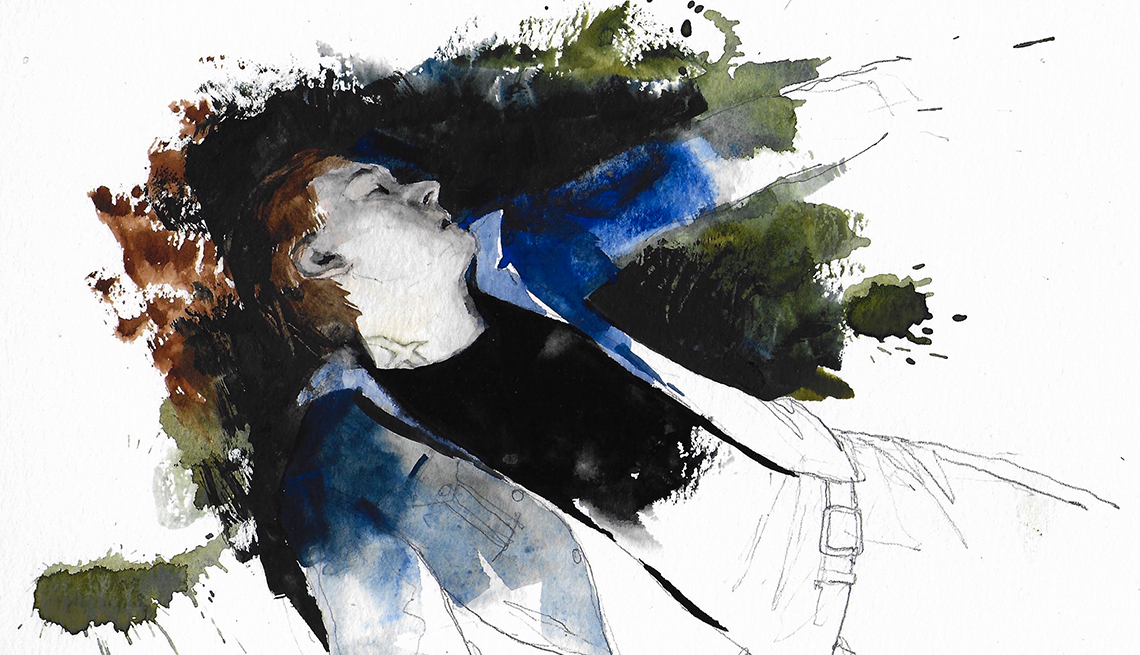
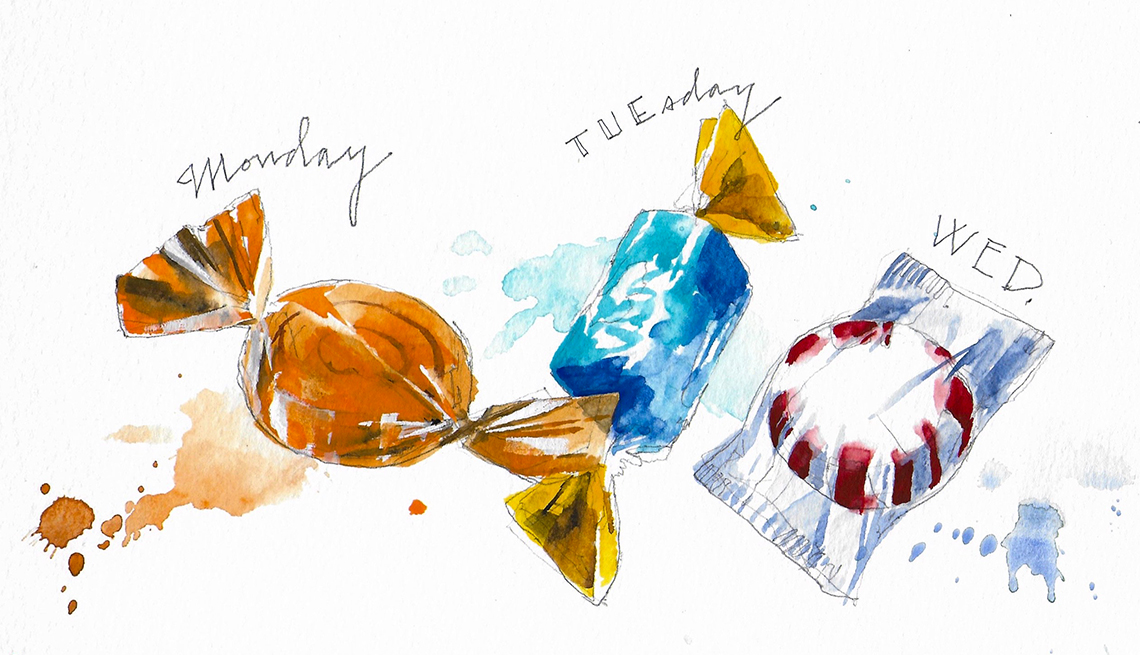
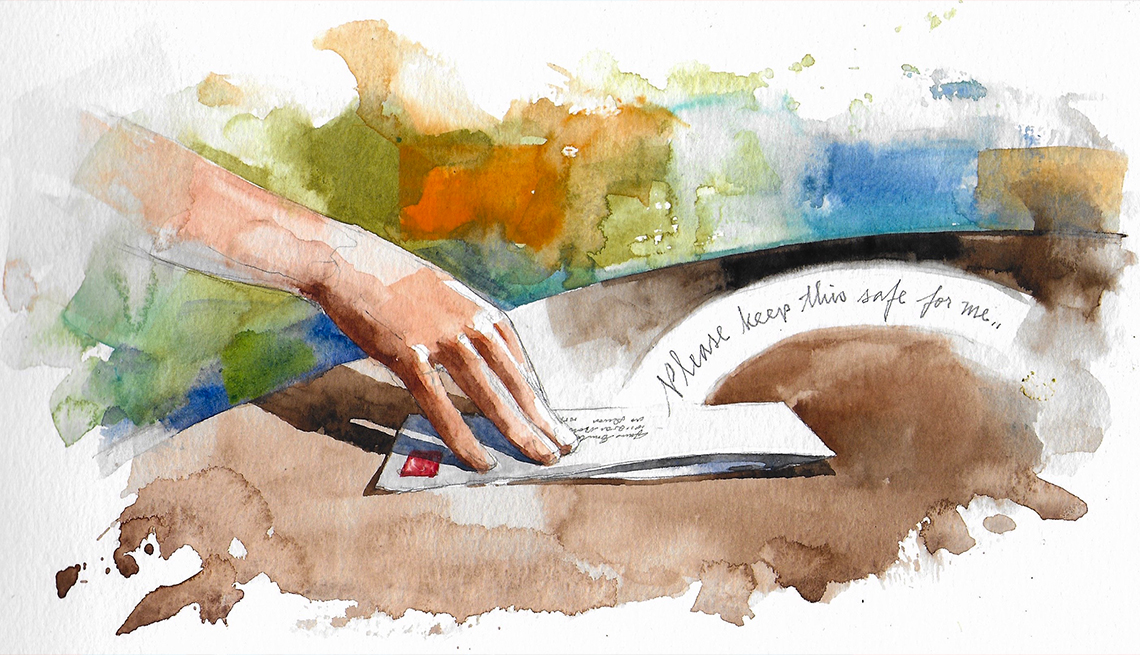
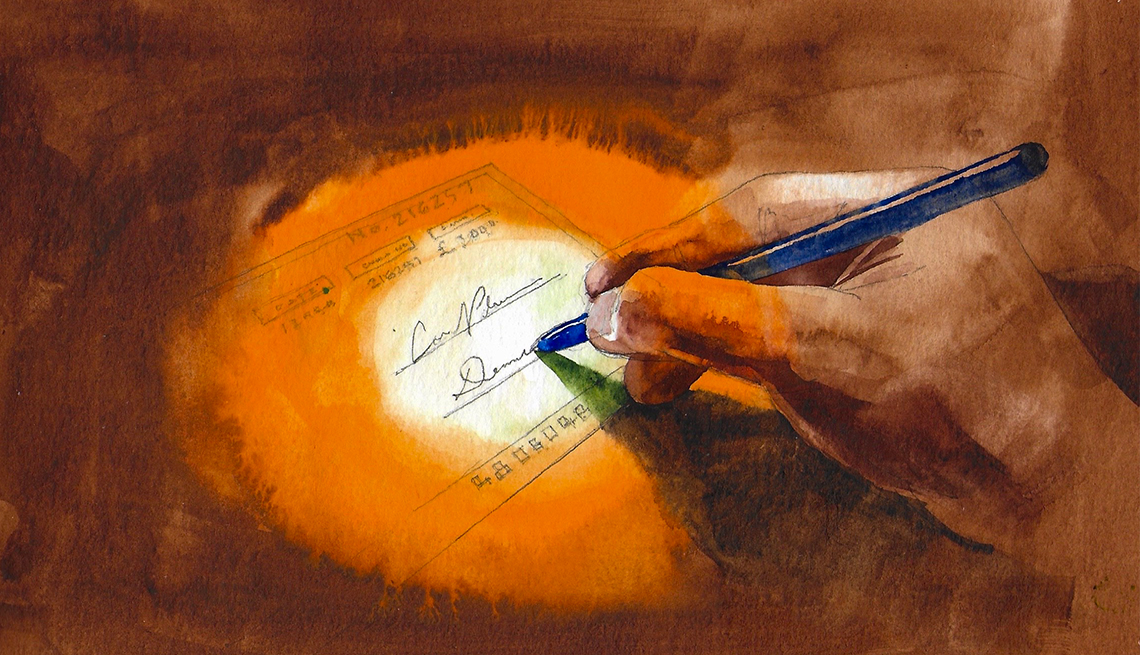
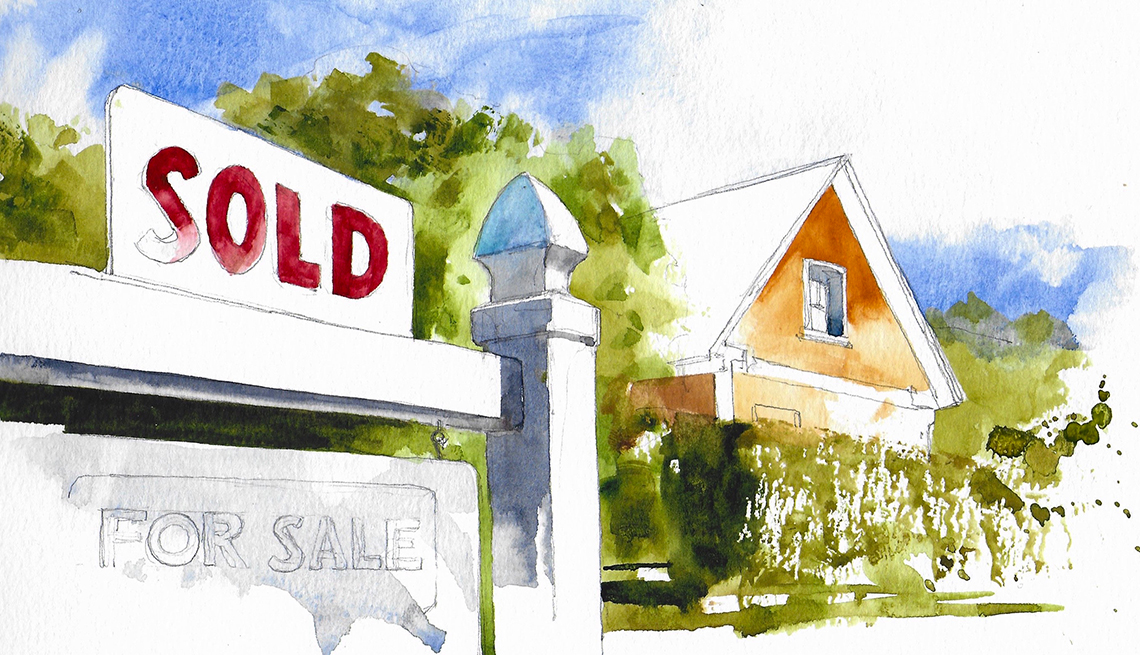



More From AARP
Free Books Online for Your Reading Pleasure
Gripping mysteries and other novels by popular authors available in their entirety for AARP members